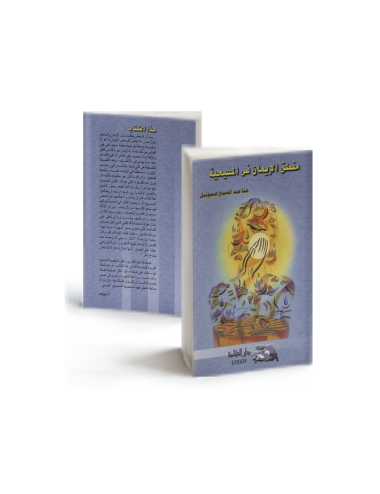The secret between theology and theology in the philosophy of Marcel
Did Marcel’s philosophy of secrets achieve a push to the thought? People tend to hide secrets: his origins, his destiny, his existence, he is a collection of secrets. And above of all secrets, the secret of the existence or – according to Marcel - the ontology secret. Its different from the secrets of faith, or theology secrets.
















